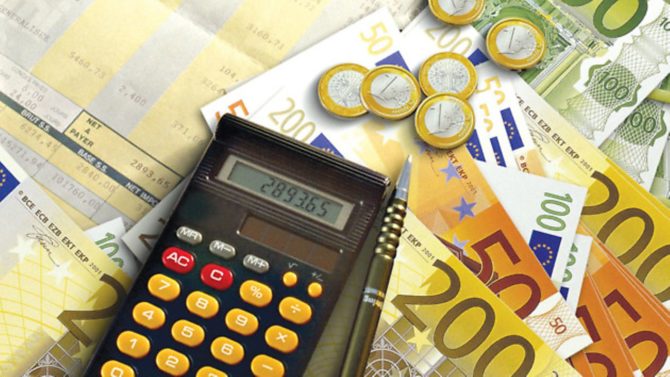10 tax tips to consider before you move to France

The French tax system is different to that of the UK, and the interaction between each countries tax laws means there are some important facts for you to be aware of. Make sure you consider these 10 top tips from Blevins Franks first

1. Tax residency
Be aware of your tax residency position. If you meet the French residency requirements, you will be liable to French tax and social charges on your worldwide income and gains. If you also spend time in the UK, you could also remain UK tax resident. Take advice early to prevent paying more tax than is necessary.
2. Obligations to register and file
As a French tax resident, it is your duty to register with the French tax authorities and declare your worldwide income fully on an annual basis.
3. Your home and other property
If you intend to retain a property in the UK, or at least until you have moved to France, you will need to be aware of how the UK and French capital gains tax rules interact. This might make you think again about the timing of the sale of a property and/or the commencement of your tax residence in France.
4. Pensions
If you are thinking about retiring to France, it is important you take advice before you take any benefits from your pension scheme(s), in particular around the timing of the receipt of lump sums, including those available under the new UK pensions freedoms.
5. UK tax efficient investments
Investments in the UK like ISAs, Venture Capital Trusts and Enterprise Investment Schemes, do not have tax efficient status in France, and you will have to pay French tax and social charges on any income and gains on these investments. You might want to consider if it is worthwhile retaining these as a French tax resident.
6. Structuring your assets
Taxes in France can be high. However, use the rules correctly and you can pay less tax in France than the UK. Take steps to place long term savings and investments in French compliant tax efficient structures to minimise your taxable income, gains and social charges.
7. The ‘foyer’ system
The ‘foyer’ or ‘household’ system shares the income of the household amongst all its members. This avoids one family member paying taxes at the highest rates, whilst another does not fully utilise their allowances.
8. French estate taxes
The same structures which are efficient for French income tax, capital gains and social charges will also offer more flexible succession arrangements and reduce your French estate tax exposure.
9. Currency
Keeping your savings and investments in Sterling puts your wealth at the mercy of exchange rate fluctuations. If you are moving to France, the majority of your expenses will be in Euros. You may therefore want to consider having a considerable proportion of your wealth in Euro-based investments to eliminate this exposure.
10. Conclusion
If the previous points have emphasised anything, it is to make sure you talk to Blevins Franks about the tax and financial implications of buying a property in France, or moving to France before you actually take action. Afterwards it could be too late!
Blevins Franks has been providing specialist, professional advice for over 40 years. We have a deep understanding of the UK and French tax regimes and our clients financial planning needs, and have earned a reputation as the leading international tax and wealth management advisers to UK expatriates living in France. Whether you are buying a second home in France, or planning to move or retire to France, Blevins Franks is perfectly placed to advise you.
Share to: Facebook Twitter LinkedIn Email


